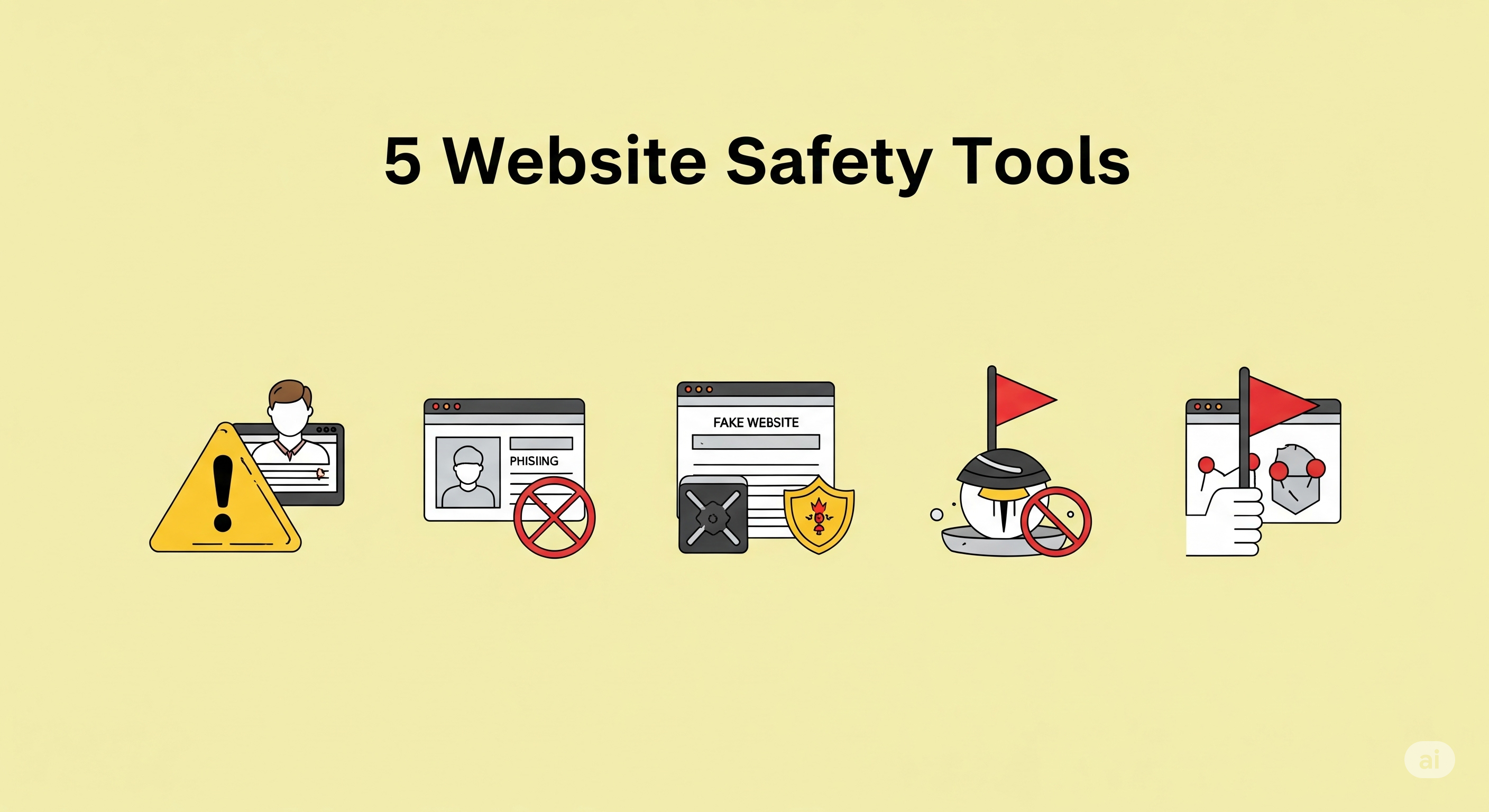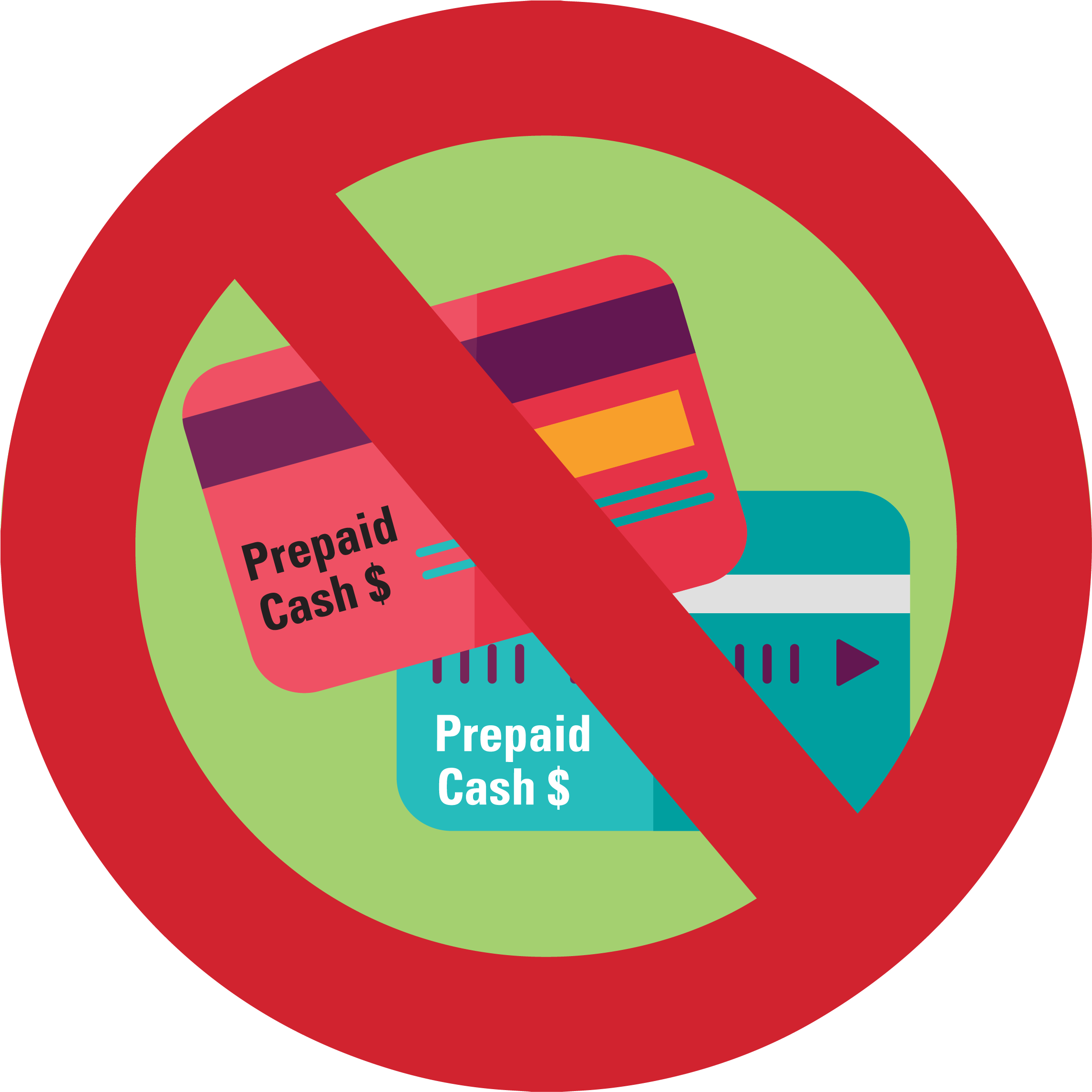Tips & Support
Beat Emotional Scams
Beat Emotional Scams
By Admin
Related Topics

Spotting Influencer Scams
Scams using influencers are one of the most common hazards to those who shop online nbsp As more and more......
Read More

The Working Abroad Scam Tactic
For a lot of people who want to make more money move forward in their careers or just observe what......
Read More

5 Website Safety Tools
In the digital age most people visit hundreds of websites every day to buy read the news bank or connect......
Read More

Fooling with Fake Reviews
Online reviews are very important in today s digital environment nbsp They help us make choices about things like where......
Read More

Spotting Influencer Scams
Scams using influencers are one of the most common hazards to those who shop online nbsp As more and more......
Read More
The Working Abroad Scam Tactic
For a lot of people who want to make more money move forward in their careers or just observe what......
Read More
5 Website Safety Tools
In the digital age most people visit hundreds of websites every day to buy read the news bank or connect......
Read More
Fooling with Fake Reviews
Online reviews are very important in today s digital environment nbsp They help us make choices about things like where......
Read More


